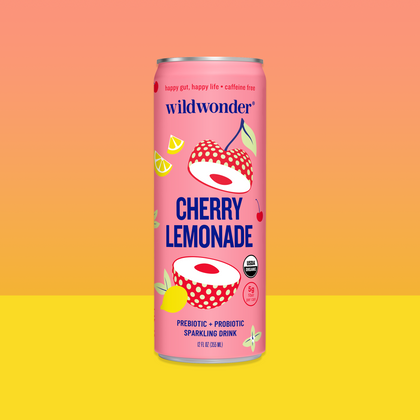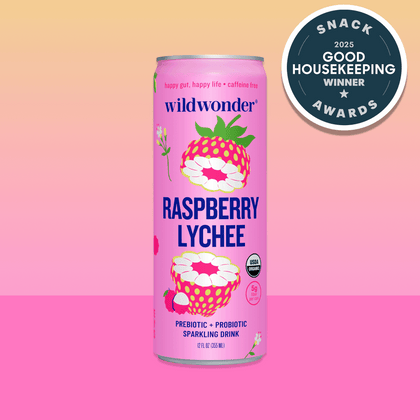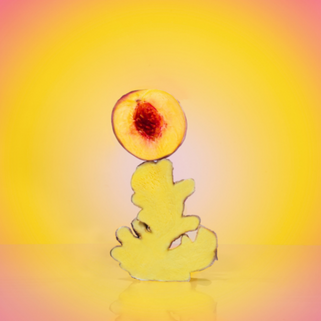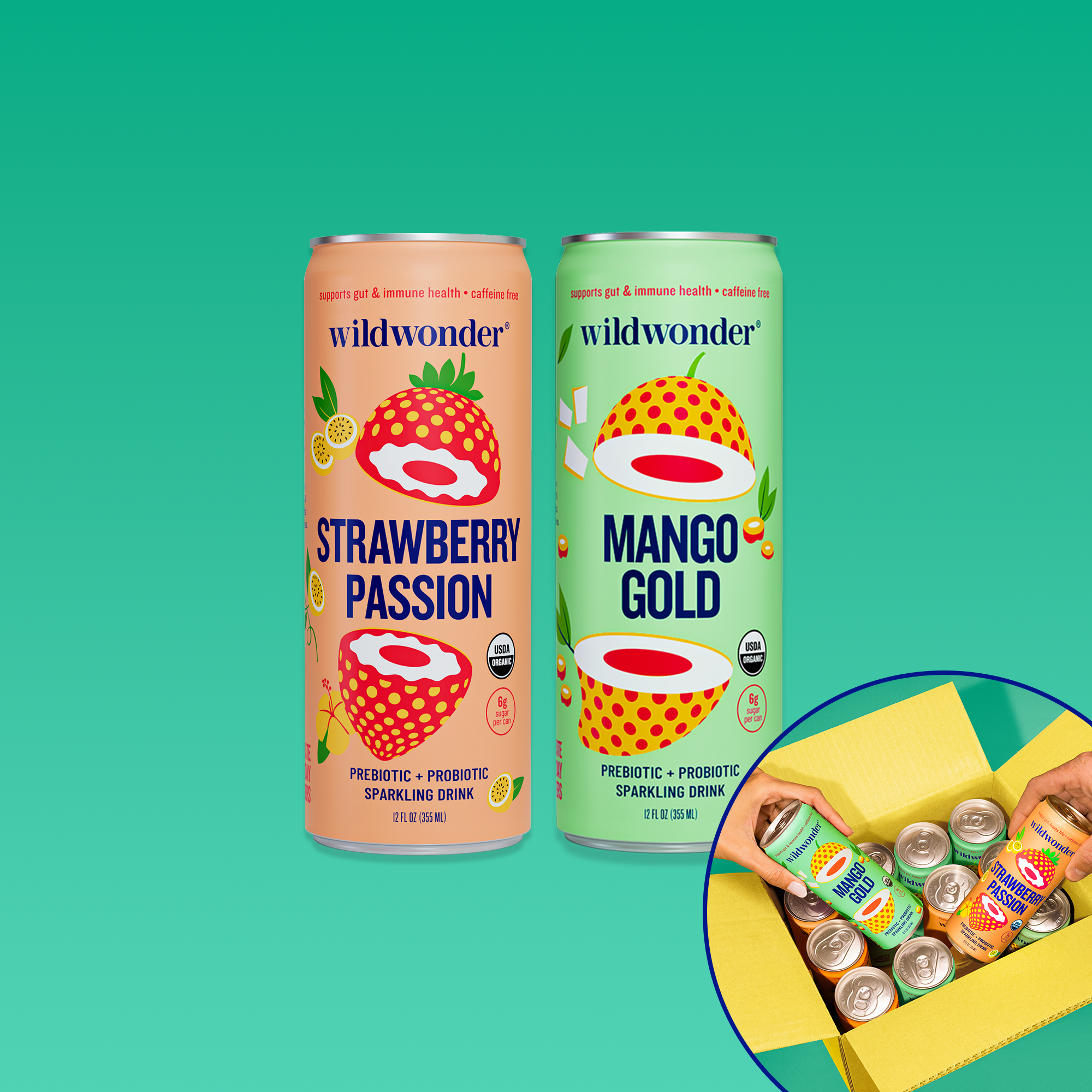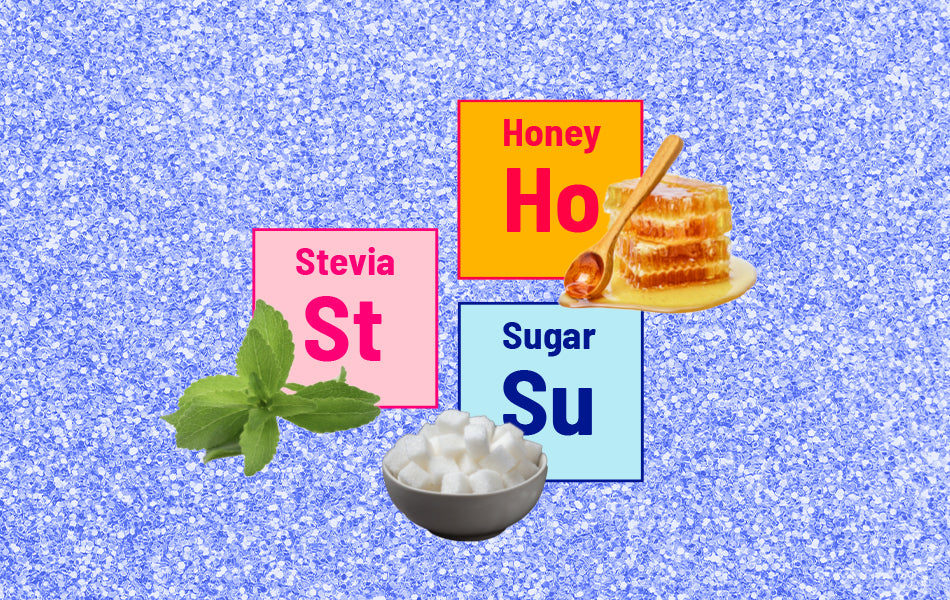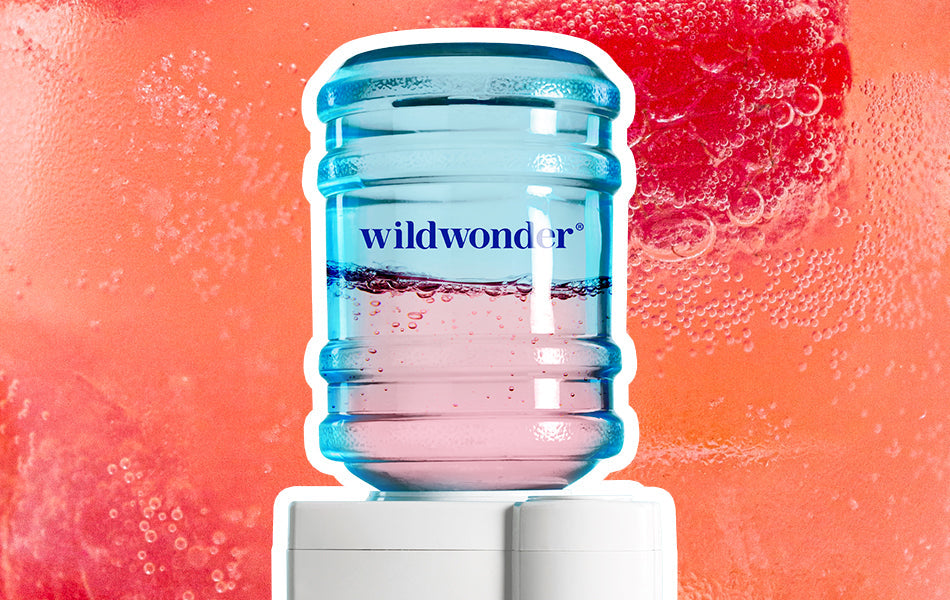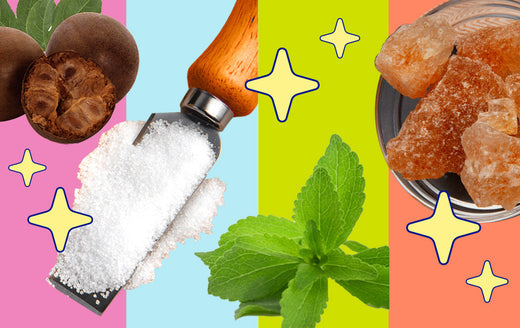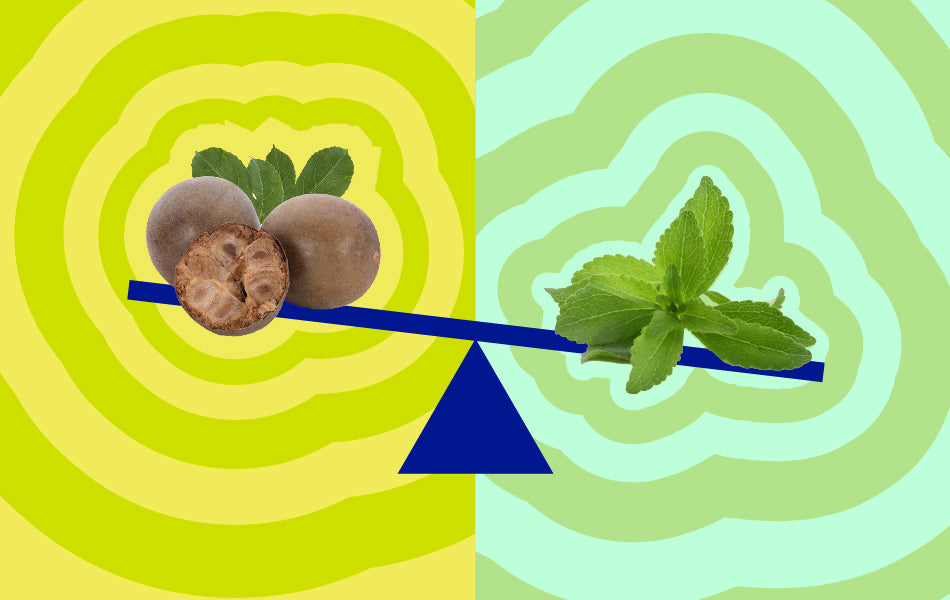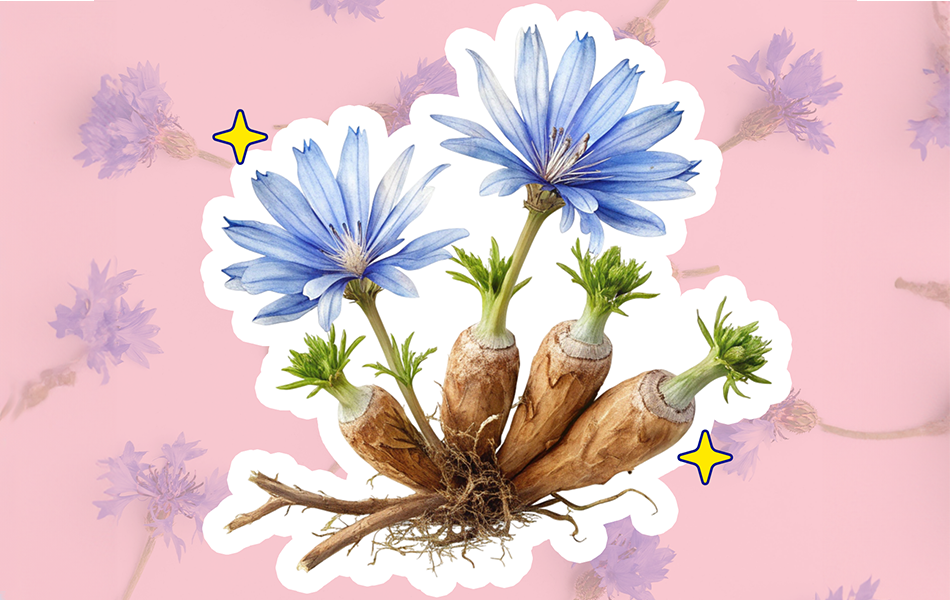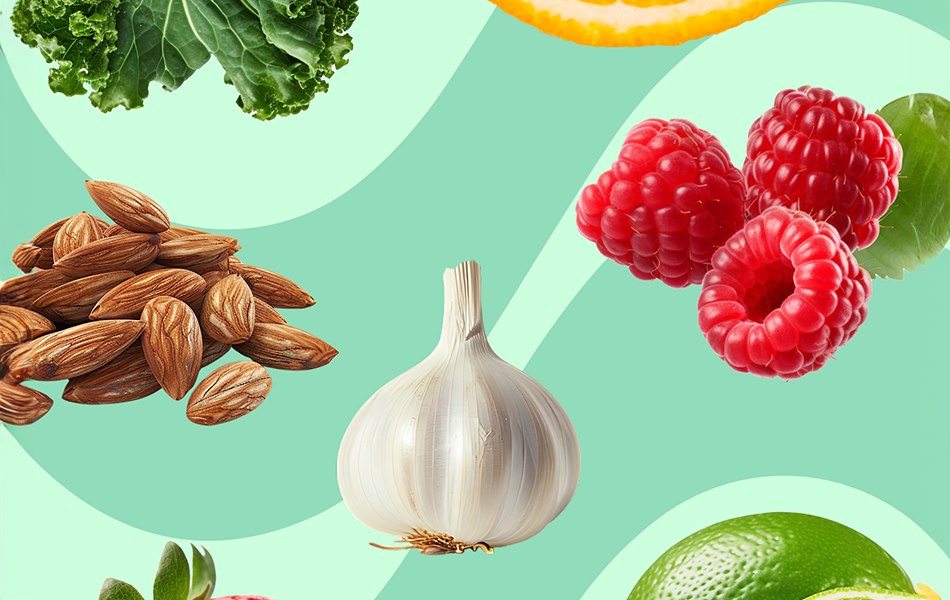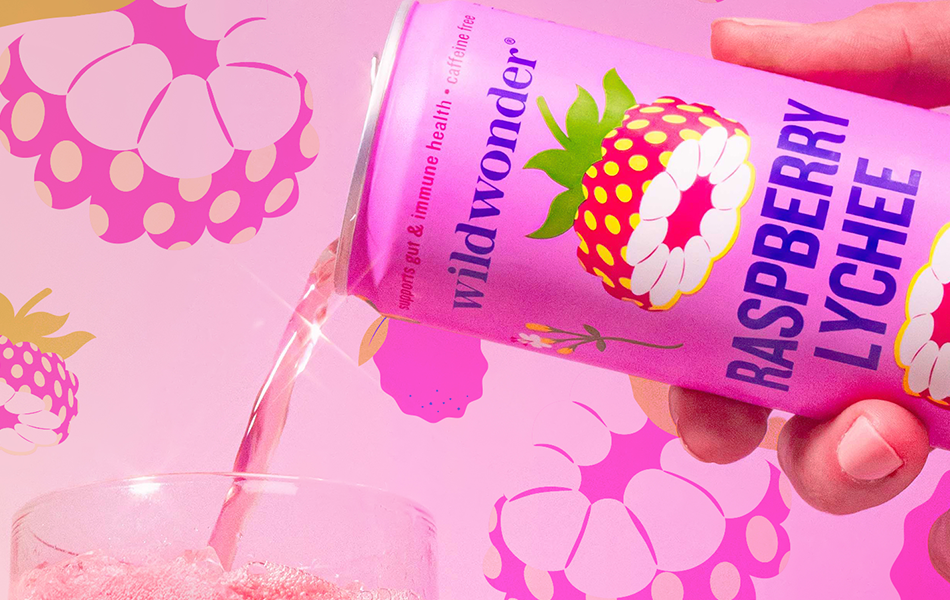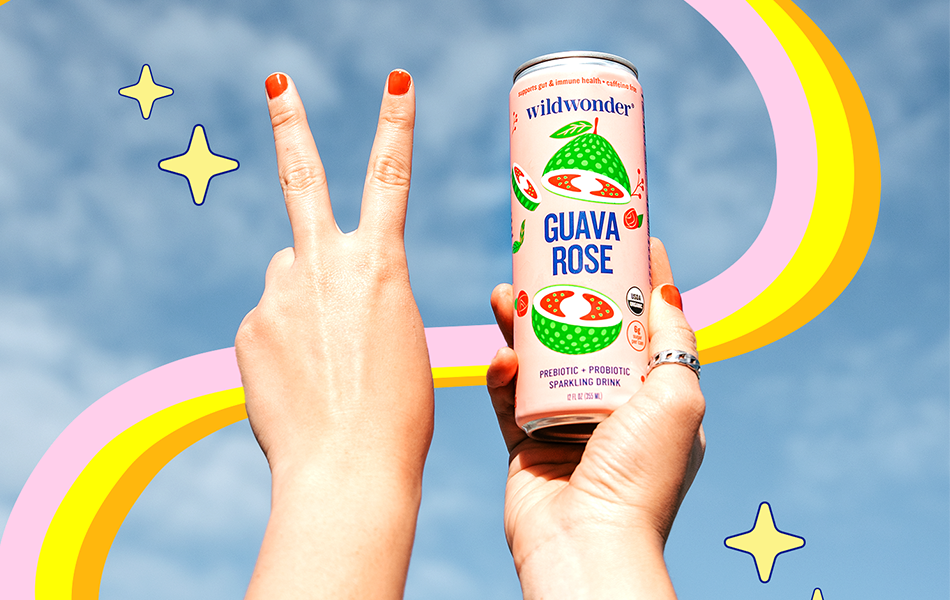Embarking on a journey toward holistic gut health isn't just about quelling stomach rumbles—it's about nurturing the very foundation of your well-being. Picture your gut as a bustling metropolis within you, with billions of microbes ensuring everything runs like clockwork. From safeguarding your immune system to fine-tuning your mental health and opening the doors to optimal nutrient absorption, a happy and balanced gut is your ticket to thriving in life's vast and vibrant panorama.
What is Holistic Gut Health, and Why Is It Important?
Holistic gut health encompasses a comprehensive approach to maintaining a well-functioning digestive system by recognizing the link between diet, lifestyle, and mental well-being. This concept appreciates the intricate relationship between the microbiome in the gastrointestinal tract and the overall health of the body and mind, advocating for balanced nutrition, stress management, and physical activity to nurture a healthy gut.
Your gut health may be linked to a slew of overall health factors. Here are some reasons why maintaining a healthy gut is important:
Immune Support
A healthy gut is fundamental for a robust immune system. Approximately 70% of your immune system resides in the gut, working closely with the microbiome to recognize and neutralize harmful pathogens. When gut health is compromised due to an unbalanced diet, lack of exercise, excessive stress, or other negative lifestyle factors, the immune system's efficacy can be markedly reduced. Dysbiosis, a term for microbial imbalance in the body, often occurs and can lead to an increase in harmful bacteria that compete with beneficial microorganisms. This shift can trigger inflammation, weaken the gut barrier, and increase susceptibility to infections as the immune system becomes overworked trying to fend off these threats.
Mental Health Support
Beyond its crucial role in immune function, a healthy gut also significantly influences mental health, often referred to as the "gut-brain axis." The gut is densely lined with neurons that communicate with the brain, affecting mood and cognitive functions. A flourishing microbiome produces various neurotransmitters and compounds, including serotonin, which regulates mood and happiness.
Digestive Health
A well-balanced gut microbiome is essential for efficient digestion and nutrient absorption. A diverse bacterial population aids in breaking down fiber, synthesizing vitamins, and extracting minerals from food, providing your body with the vital components needed for energy, growth, and repair. This digestive harmony can help with bloating, constipation, and diarrhea, ensuring overall gastrointestinal comfort and health.
How Prebiotics and Probiotics Support Gut Health
There are many factors that promote gut health, including stress, lifestyle choices and genetics. One area that has gained much attention is the adequate inclusion of prebiotics and probiotics. Probiotics are live microorganisms, predominantly bacteria and yeast, which, when taken in adequate amounts, confer health benefits to the host. Often referred to as 'good' or 'friendly' bacteria, they are similar to the beneficial microorganisms naturally residing in your gut. Found in foods like yogurt, sauerkraut, and kimchi, as well as dietary supplements, probiotics can help balance the gut microbiome, promoting digestive health and bolstering the immune system.
Prebiotics, on the other hand, are non-digestible fibers that act as food for probiotics and the beneficial bacteria in the gut. Unlike probiotics, prebiotics are not living organisms; they are typically found in high-fiber foods, such as fruits, vegetables, and whole grains. By selectively stimulating the growth and activity of health-promoting bacteria, prebiotics help improve gut health, enhance mineral absorption, and may contribute to better overall health. Their role in the gut microbiota ecosystem complements that of probiotics, promoting a symbiotic relationship that supports a well-balanced microbiome. In the complex gut microbiota ecosystem, prebiotics and probiotics work in harmony to support a healthy digestive system.
Probiotics introduce beneficial organisms that can enhance the microbiome's resilience, fend off pathogenic bacteria, and produce substances like short-chain fatty acids, which are crucial for gut health. Prebiotics, meanwhile, nourish these probiotic populations and other advantageous microbes, allowing them to thrive and exert their beneficial effects. Together, they can reduce inflammation, strengthen the gut barrier, and support immunity, creating a fortified defense against various digestive ailments.
In other words, both prebiotics and probiotics play important roles in the gut health story.
How To Include Prebiotics and Probiotics In The Diet
Incorporating prebiotics and probiotics into your diet is a strategic approach to maintaining a balanced gut microbiome. To include prebiotics, focus on fiber-rich foods such as garlic, onions, leeks, asparagus, bananas, and whole grains. These nutrients serve as fuel for beneficial gut bacteria. For probiotics, fermented foods are your best bet. Add servings of yogurt, kefir, sauerkraut, kimchi, and kombucha to your meals to introduce and support a diverse array of microbial life in your digestive system. If you are looking for a beverage that provides both prebiotics and probiotics, wildwonder is your best bet. Made with 5 grams of prebiotic fiber and 1 billion live probiotics, each sparkling beverage can is packed with flavor with only 6 grams of sugar.
A Happy Gut For A Healthy You
Caring for your gut is akin to tending a flourishing garden; it's all about nurturing the right conditions for everything to bloom. By embracing prebiotics and probiotics in your diet, you can cultivate a rich microbiome that supports your overall well-body thrive on this harmonious balance within. Let's cherish our internal ecosystem by feeding it with the care it deserves – for when your gut smiles, so do you.
About the Author
 Meet Lauren Manaker, MS, RDN, LD, CLEC, CPT, wildwonder's new resident dietician. Lauren is a multiple award-winner, book author, and freelance writer. She acts as an expert resource for outlets that include EatThis.com, Well + Good, and MindBodyGreen, leaning on her ability to interpret the medical literature to benefit her readers.
Meet Lauren Manaker, MS, RDN, LD, CLEC, CPT, wildwonder's new resident dietician. Lauren is a multiple award-winner, book author, and freelance writer. She acts as an expert resource for outlets that include EatThis.com, Well + Good, and MindBodyGreen, leaning on her ability to interpret the medical literature to benefit her readers.
 Shark Tank Bundle
Shark Tank Bundle
 Classic Variety Pack
Classic Variety Pack
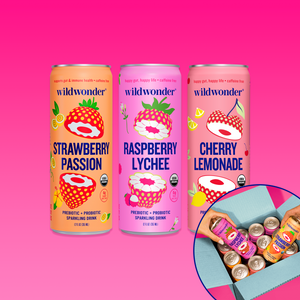 Very Berry Variety Pack
Very Berry Variety Pack
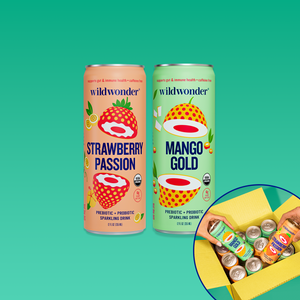 Rosa's Favorite Variety Pack
Rosa's Favorite Variety Pack
 Pink Pomelo Limeade
Pink Pomelo Limeade
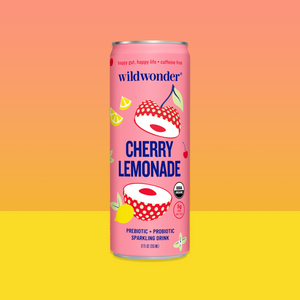 Cherry Lemonade
Cherry Lemonade
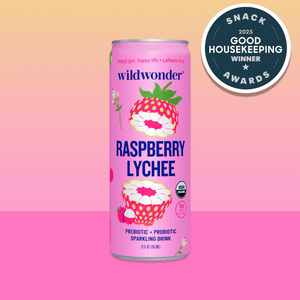 Raspberry Lychee
Raspberry Lychee
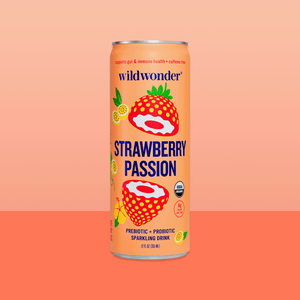 Strawberry Passion
Strawberry Passion
 Pineapple Paradise
Pineapple Paradise
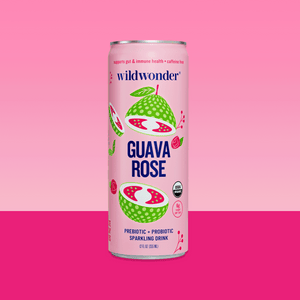 Guava Rose
Guava Rose
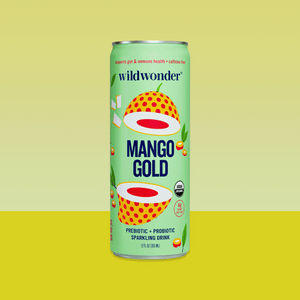 Mango Gold
Mango Gold
 WILD MAHJONG TILES
WILD MAHJONG TILES
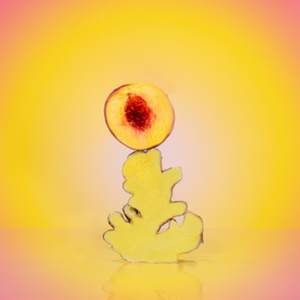 Blog
Blog
 Our story
Our story
 Impact
Impact




